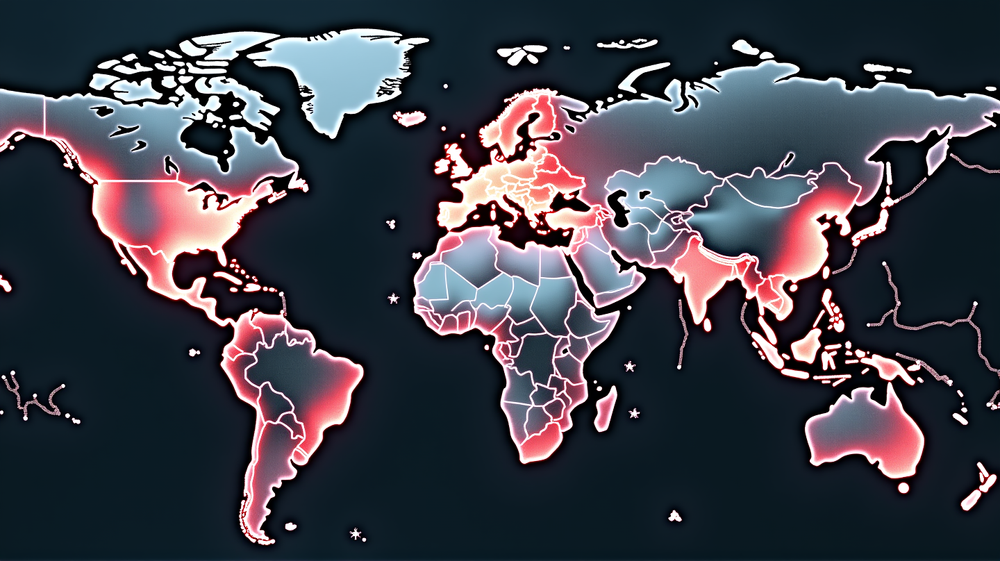The Rise of NB.1.8.1: A Global Spread
The world is on edge as a new COVID-19 variant, NB.1.8.1, is making its presence known outside its origin, China. Noteworthy for being a descendant of the Omicron lineage, NB.1.8.1, has caught the attention of international health authorities. Its detection in countries like the U.S., France, and Japan has garnered heightened surveillance and investigative measures. This has led the World Health Organization (WHO) to classify it as a “variant under monitoring,” a designation that speaks to its potential impact on public health worldwide.
Unique Characteristics of NB.1.8.1
While similar to previous strains with symptoms such as sore throat and fatigue, NB.1.8.1 comes with genetic tweaks that enhance its ability to infect cells. This modification has raised concerns about its transmissibility, though there is currently no evidence that it causes more severe illnesses.
Vaccine Efficacy Against NB.1.8.1
Vaccination remains a critical tool in combating NB.1.8.1. Current vaccines offer substantial protection. Specifically, experimental vaccines from Pfizer and Moderna targeting the JN.1-derived variants have shown strong defensive capabilities against this new strain in preliminary studies. Despite these advancements, authorities continue to recommend the JN.1-based vaccines due to their broad protection spectrum.
WHO’s Vigilant Stance
The WHO’s Technical Advisory Group on COVID-19 Vaccine Composition (TAG-CO-VAC) has shown support for the continued use of vaccines such as JN.1 and KP.2, also considering LP.8.1 a plausible option. Endorsements are based on promising immune responses seen in recent research. Nonetheless, the lack of comprehensive global surveillance data poses challenges in assessing the true scope of the variant’s threat, as initiatives by networks like CoViNet work to bridge these informational gaps.
South Africa: Should We Be Concerned?
South Africa remains untouched by the NB.1.8.1 variant, with no detected cases or public health warnings presently issued. However, past vaccine complications linger in the collective consciousness, particularly myocarditis cases reported post-vaccination. Revelations concerning earlier knowledge of such side effects by the CDC and FDA before public dissemination have stirred debates about the transparency of vaccine rollouts. For many, this situation has awakened fears of undisclosed risks and mistrust in health governance systems.
According to IOL, monitoring and readiness remain pivotal as South Africa navigates these emerging threats. The nation stands at a crossroads with vigilance and preparedness central to its strategy against the ongoing pandemic challenges.













